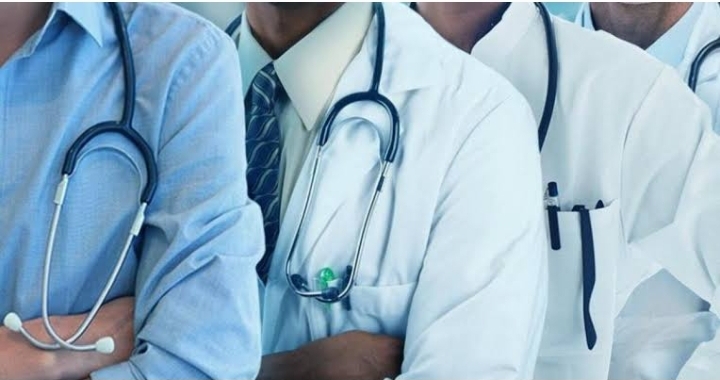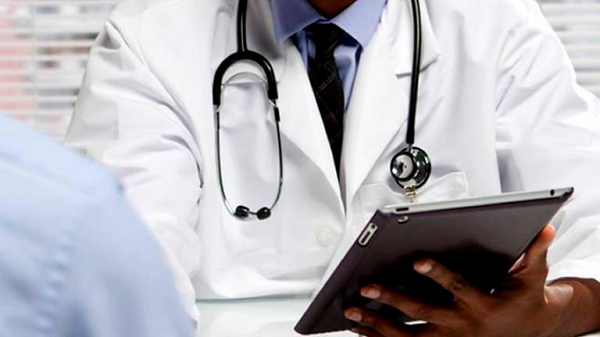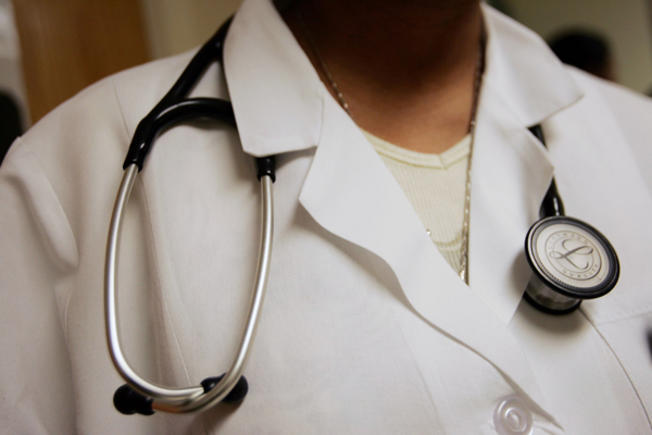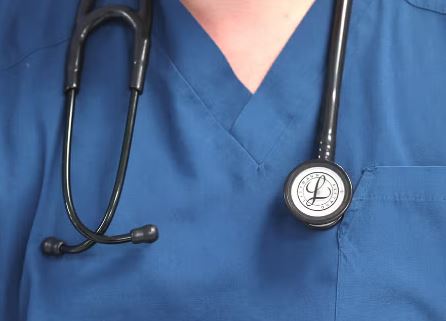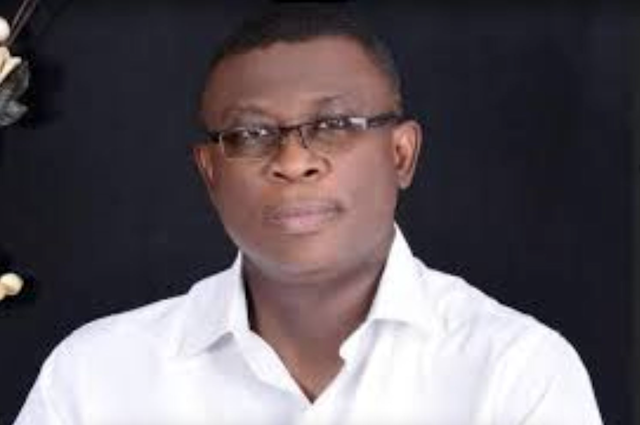Doctors under the aegis of the Medical Guild have appealed to the Lagos State Government to expedite the implementation of the reviewed Consolidated Medical Salary Scale (CONMESS) for medical doctors in the state.
The Medical Guild is the association of doctors under the employment of the Lagos State Government.
Dr Moruf Abdulsalam, Chairman, Medical Guild, made the appeal during a news conference on Wednesday in Lagos.
CONMESS is the salary scale being paid to all Medical and Dental practitioners across the Federation. CONMESS was adopted to prevent internal brain drain and rural-urban migration among doctors.
Abdulsalam expressed dissatisfaction over the slow bureaucratic bottlenecks causing delay in the implementation of the reviewed CONMESS wage increase in Lagos.
He noted that colleagues in the employment of the Federal government had already started enjoying the payment since February 2024, with its accrued arrears.
The chairman recalled that resolution reached at its General Assembly meeting held on April 27, resolved to give the state government four weeks timeline to assent and implement the CONMESS wage.
Abdulsalam noted that the Medical Guild Representative Council, at her meeting of June 2, expressed strong dissatisfaction over the slow pace of progress on the implementation of the reviewed CONMESS wage.
He disclosed that the Council resolved that the association should declare an industrial dispute over the slow pace of work and bureaucratic bottlenecks delaying the implementation of the reviewed CONMESS wage.
“That the Association should further give the government three weeks period in line with the resolution reached by the General Assembly.
“That the Officers’ Committee should escalate and call a General Assembly of the medical Guild at the Secretariat at the expiration of the three weeks to decide the next line of action,” he said.
Abdulsalam noted that the practice of medicine had become a globally competitive profession with a resultant migration of medical personnel to environment with better remuneration and improved conditions of service among other push factors.
“Recently too, there has been a rural to urban migration of doctors but more worrisome to the medical Guild is the spate of resignation of our doctors from the employment of the Health Service Commission, LASUTH and Primary Healthcare Board, to private medical practice or Federal hospitals.
“This is due to poor remuneration, excessive workload and poor service conditions.
“This has tilted many of our colleagues into chronic fatigue, mental illnesses and burnout syndrome,” he said.
He disclosed that a recent online survey conducted by the Guild which 940 of its members responded, showed that 91 per cent of doctors reported manpower shortage in the department and hospitals where they work.
According to him, 59 per cent reported an increase in the number of call duties being undertaken by them in the last one year, 86 per cent reported being overworked and 54 per cent reported low morale.
“Not surprisingly too, there has been a surge in mental illness among our doctors mainly from the excessive workload and poor conditions of service,” he said.
He recalled that doctors sustained the provision of critical services to citizens at the peak of COVID-19 pandemic, while other workers continued to work from home.
Abdulsalam further said that the state recently rolled out free antenatal and delivery services, provision of bi-weekly community health mission over three months as part of measures to ameliorate economic hardship on citizens.
“Also, while other civil servants were granted the respite to work from home on some days of the week, the doctors remained within the confines of the hospital every day of the week because of a “special calanderisation” exists within the health sector!
“From the foregoing, it is apparent that the doctors have now become part of the palliative deployed to cater for the health needs of the good people of Lagos State without themselves being considered for commensurate compensation to survive the progressively heavy workload that these policy initiatives thrust upon them.
“This is in addition to the regular workload thrust upon them as clinicians and leaders of the healthcare team,” he said.
